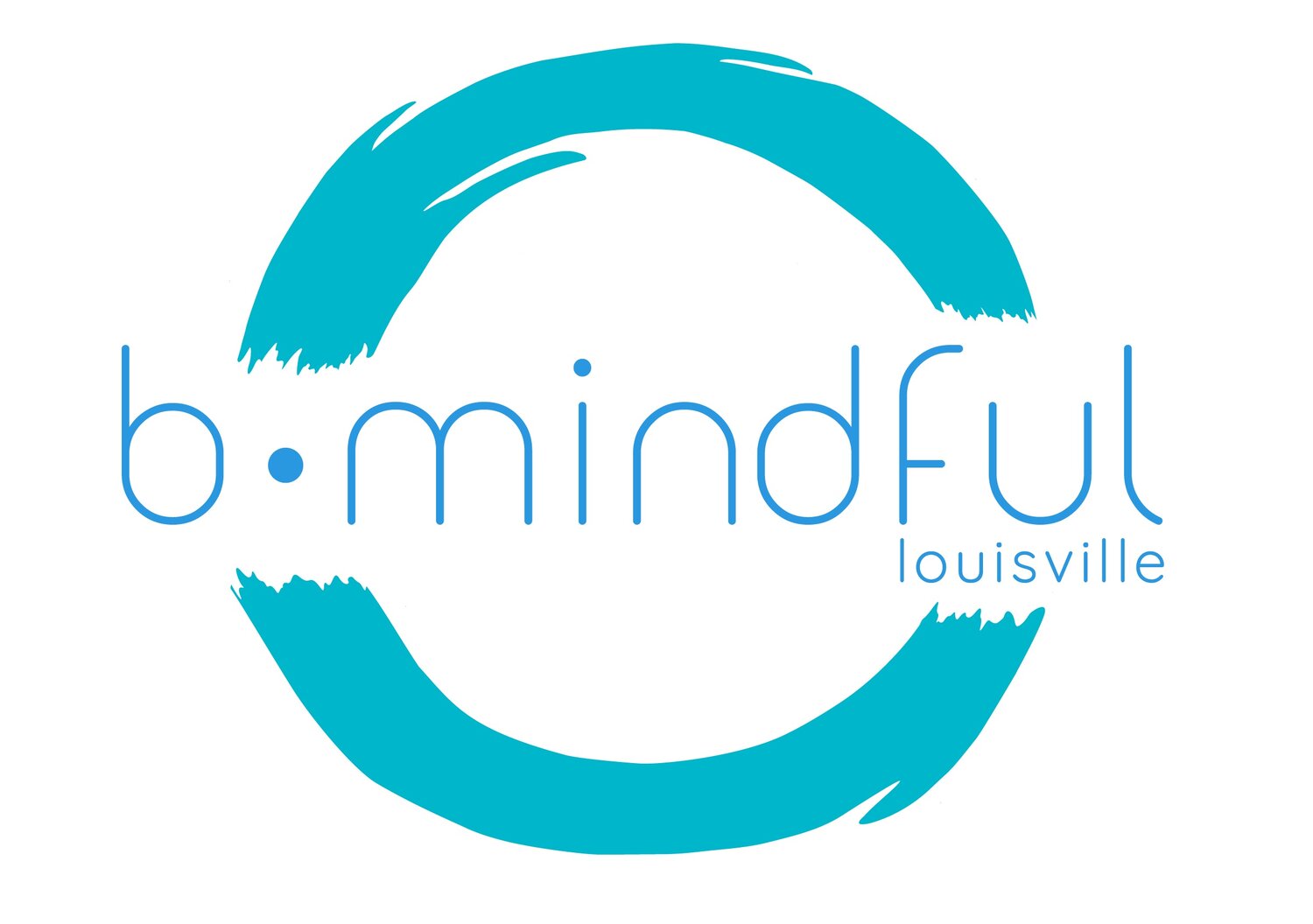Financial Planning For Mental Health And Wellness Professionals
/In today’s blog post, I ask my financial planner, Mary Williams, CFP®, MBA, Vice President, Investments, Wealth Management Solutions of Raymond James & Associates some questions about personal and business finances and how to navigate this world as a solo entrepreneur or a small business owner. Mary Williams became a CERTIFIED FINANCIAL PLANNER™ professional 16 years ago with the intent of helping others, specifically woman, become more educated about and empower them to take charge of their financial well-being and futures.
Interview:
Shannon- What is the difference between a financial planner and an accountant?
Mary- A financial planner is someone who can assist you in reaching your personal and professional financial goals. With individuals who are self-employed the lines between personal and business finances become quickly blurred. A financial planner is trained to work with you to set clearly defined goals and work with you one on one to create a detailed plan with steps to help you get there. Whether it be saving for retirement, buying your first house, or wanting to expand your office location; a financial planner can assist you in looking into the future so you can live now but also have appropriate assets set aside to reach those goals.
An accountant is a great person to have on your team and a fantastic resource in general (even if you are good with numbers). They can assist you in managing your day in and day out numbers of your business. For example, your accounts payable, accounts receivable, tax planning, filing your taxes, etc. They will assist you in getting your numbers straight in order to see what the health of your business is and what the future steps you can take to profiting even more.
Shannon- Tips to effectively put away and save for taxes, emergencies, business expansions, etc.
Mary- For both your personal and business finances, I think it is most helpful to have different savings accounts for your goals and to have a set amount directly deposited from your checking to your savings. So, for your business maybe you have a different savings account for self-employment taxes, emergencies, future office expansion growth, etc. and for your personal you have an emergency fund, a vacation fund, a house reno fund, etc.
Shannon- What are some of the specific plans that small business owners can look into for retirement?
Mary- Dependent on your business structure there are several different options. If you are a solo entrepreneur you can contribute to a Traditional IRA, SIMPLE IRA, or a SEP Plan. A financial planner could assist you in deciding what the best fit for you would be since each of the plans has different limits and benefits.
Shannon- How much of someone’s total income should be put into a retirement account? What is one thing that someone can do today to save more for retirement?
Mary- It’s not a straight forward answer because it’s based on what lifestyle you live now, and what lifestyle you want to have in retirement, but ideally 15%-20%. Now don’t let that number scare you. A lot of people say, “oh no I cannot do 20%”, so they don’t do anything. If you start little by little and build your way up its going to pay off in the end. You’ve got to start somewhere so maybe it’s at 3%-5% right now, and that’s fine. Every time you get a pay bump you can contribute more and more until you reach that 15%-20% range. When you get an influx of income, or a raise, don’t look at it as “oh now I have more money in my pocket I can go get a new car” but more so of “oh now I have more money, I can now fund my retirement, new house, business expansion account to the levels I want.” This mindset will allow you to be more intentional in your purchases as well as being preventative for the future!
Shannon- What is your opinion on how much money one should have saved in their personal savings account for emergencies? What about for their business savings account for emergencies?
Mary- For your personal emergency account, if you are the sole provider in your household, I suggest having enough in there to cover your expenses and current lifestyle for 6 months. For your business emergency fund, I would suggest having enough to cover the overheard costs for a minimum of 6 months.
Shannon- What is the #1 financial mistake you see people doing within their business?
Mary- This is a tough one. I have two that stick out to me. 1) Putting 100% of the business profits back into the business. By doing this the business owner is not paying themselves, not putting away for taxes, not saving for emergencies, retirement, vacations, etc. 2) Individuals who are starting a business later in life, possibly as a 2ndcareer, sometimes drain their current retirement fund and investments to fund their new business. By doing this, they are putting themselves in a very risky position and providing themselves with limited cushion to fall back on if their business is not as successful as planned.
Shannon- Do you have any advice for business owners who are struggling with how much they should pay themselves? Should they take 100% of the profits? Take a smaller percentage?
Mary- This isn’t a straight forward answer, but after your business is turning a profit, you need to pay yourself enough to live the lifestyle you want. For some that make be close to 100% of the profits and for others that may look more like 50%, dependent on your lifestyle. I sometimes find it easier to work backwards in situations like this and figure out how much money each month it takes to live the lifestyle your living with the business that you are running and then figuring out what you need to pay yourself to cover your expenses plus funding your personal and business savings accounts.
I would definitely fund your emergency accounts first (and don’t dip into them unless it’s for an emergency), and then start putting a little bit away at a time for your retirement, buying a new house, expanding your business, etc. The most important thing though is to start putting away for your retirement early. So many people say, “I don’t have enough to fund all these accounts, so I just won’t put away for retirement because I am 20, 30, 40 years old…”. Problem here is that most of those people don’t just put it off for a year but continue putting it off until they are nearing the age of retirement. If done appropriately, or with the help of a financial planner, you will be able to fund all your accounts little by little and be able to live the lifestyle you want to now and in the future.
Shannon- What is one thing you would like to tell all practice owners with regards to financial planning?
Mary- To not be embarrassed . Whether it be about how much or how little money you have, or about admitting that you haven’t been saving for your retirement as you should have been, or maybe not even at all. Allow yourself to face your fear of not wanting to share this with someone, because if you don’t tell someone, they cannot help you and therefore you will just remain stuck in a place you don’t want to be.
I provide a complimentary hour session to meet with individuals and sort through their personal and business finances. We use this time to evaluate their current state and assess if they are on the right path to meeting their goals. If not, then we explore the different options they have and possibly what working together might look like.
Closing notes:
We’ve all got money issues and as mental health and wellness professionals we know that issues are normal and at times unavoidable. But we also know that if we ignore our issues they can turn into negative patterns and sometimes even derail us from reaching our goals. With this knowledge, along with the fact that what the future has in store for us is unknown. We need to do all that we can to plan for and take control of our financial futures. If you are not already connected with a financial planner, I would highly suggest adding “research and meet with a CERTIFIED FINANCIAL PLANNER™ professional” to your to do list (and then actually doing it)!
Below are some addition resources Mary Williams pulled together that may be beneficial to your business.
Retirement Plans For A Small Business
Contact information:
Mary T. Williams, CFP®, MBA
Vice President, Investments
Wealth Management Solutions of
Raymond James & Associates
100 North Point Center East, Suite 300
Alpharetta, GA 30022
678-746-1503
Have additional questions? Feel free to message me and ask!
I’m Shannon, a professional counselor, that understands the importance of having a safe space to practice in, consulting, networking, having a solid referral list, and being around other like-minded professionals.
*Any opinions are those of Mary Williams and not necessarily those of Raymond James. The foregoing information has been obtained from sources considered to be reliable, but we do not guarantee that it is accurate or complete. Expressions of opinion are as of this date and are subject to change without notice. Investing involves risk and you may incur a profit or loss regardless of strategy selected. Raymond James financial advisors do not render advice on tax or legal matters. You should discuss any tax or legal matters with the appropriate professional.
Links are being provided for information purposes only. Raymond James is not affiliated with and does not endorse, authorize or sponsor any of the listed websites or their respective sponsors. Raymond James is not responsible for the content of any website or the collection or use of information regarding any website's users and/or members.
Certified Financial Planner Board of Standards Inc. owns the certification marks CFP®, CERTIFIED FINANCIAL PLANNER™, CFP® (with plaque design) and CFP® (with flame design) in the U.S., which it awards to individuals who successfully complete CFP Board's initial and ongoing certification requirements.
Raymond James & Associates, INC ., member New York Stock Exchange/ SIPC




